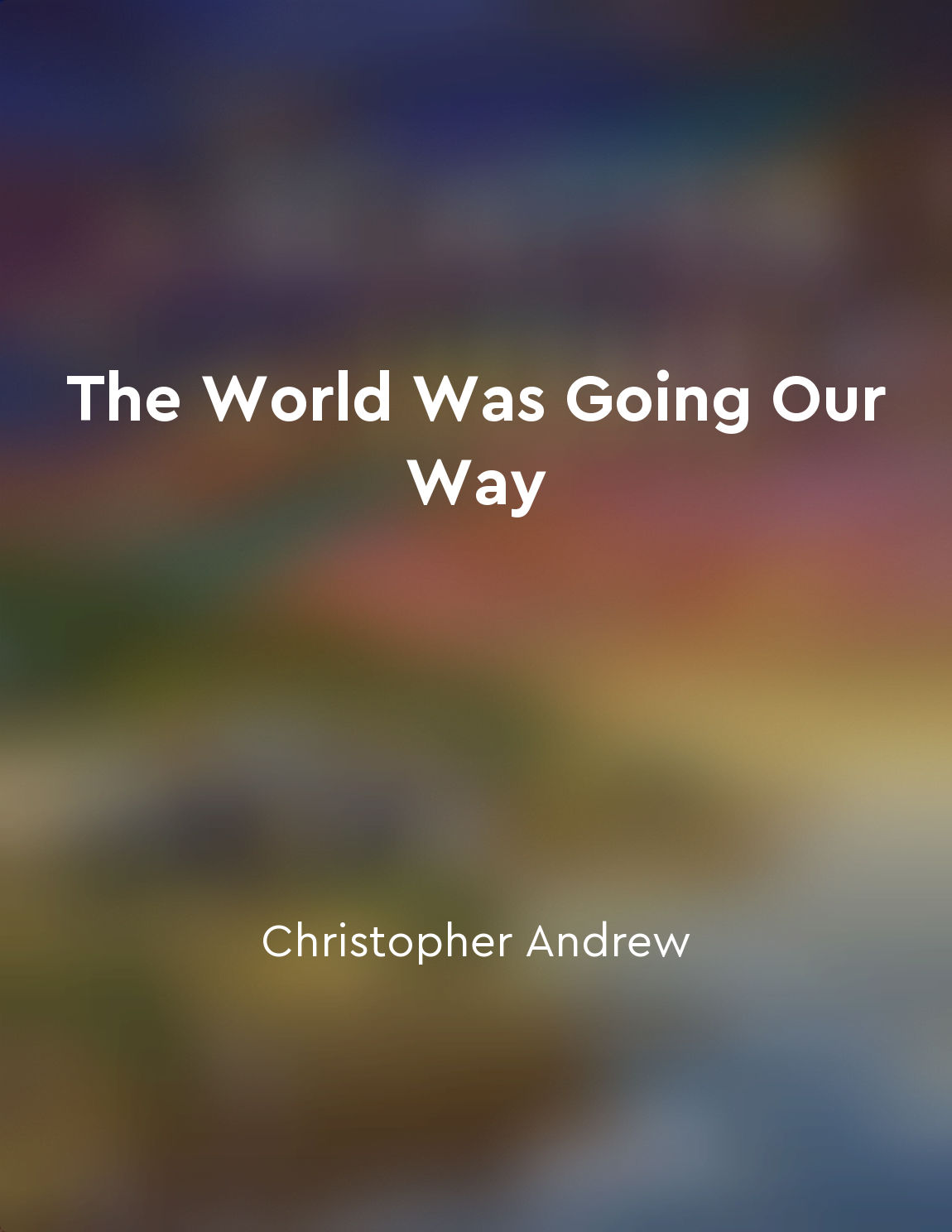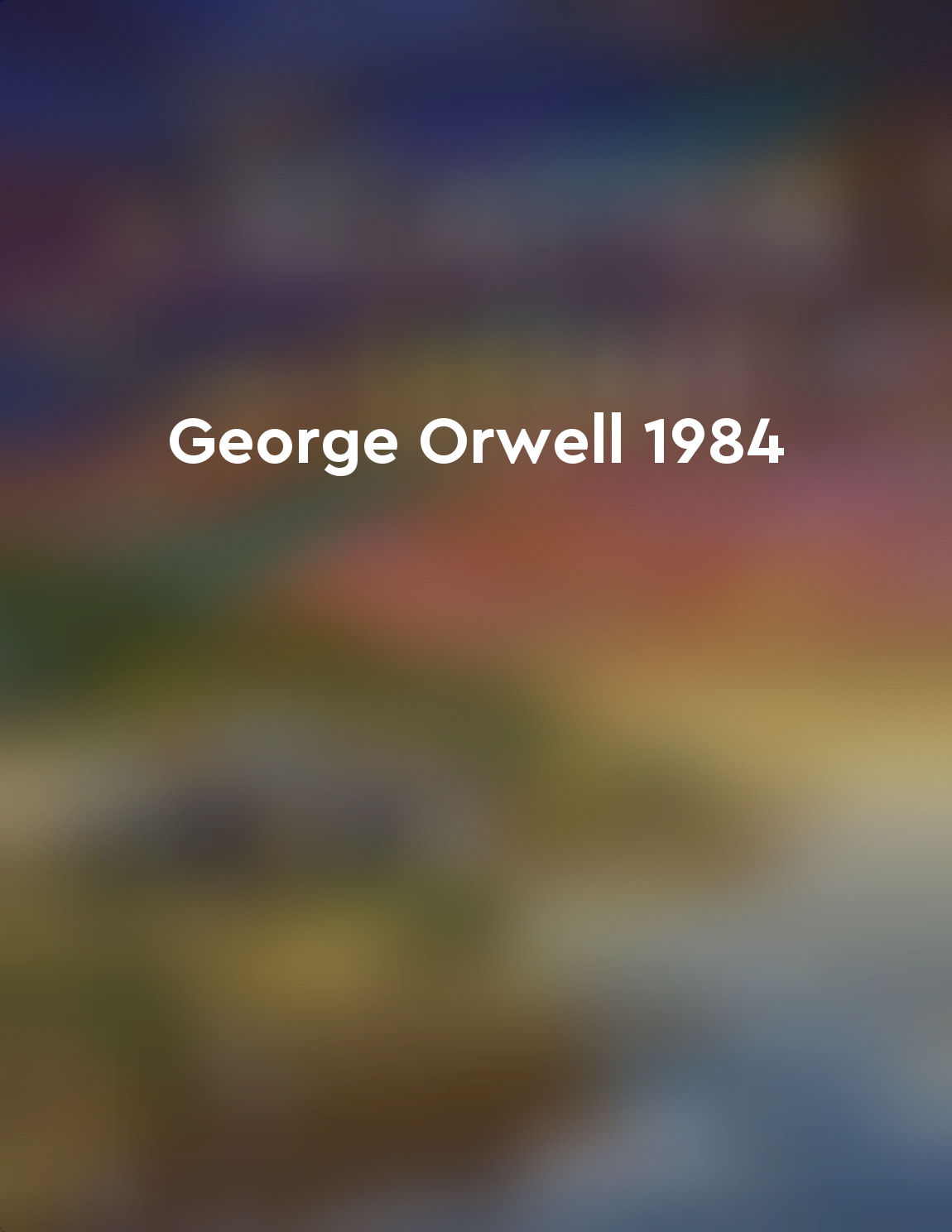Censorship from "summary" of Iron Curtain by Anne Applebaum
Censorship, as experienced in Eastern Europe during the years of communist rule, was not simply a matter of controlling what people read or watched. It was a comprehensive system designed to shape public opinion, control information, and manipulate the thoughts and beliefs of entire populations. The state took on the role of arbiter of truth, deciding what was acceptable for the public to know and suppressing anything that went against the official narrative. This extended to all forms of media, from newspapers and books to radio and television. Censorship was not just about removing objectionable content; it was about creating a new reality, one in which the regime was always right and its enemies were always wrong. This required a constant vigilance on the part of the state, monitoring and censoring every aspect of public discourse. The goal was not just to prevent dissent, but to mold the minds of citizens in accordance with the party's ideology. This meant not only banning certain books or films, but also rewriting history, distorting facts, and promoting propaganda. The impact of censorship was felt at every level of society, from the highest echelons of government to the smallest villages. It created an atmosphere of fear and suspicion, where people were afraid to speak their minds or express dissenting opinions. Those who did so risked not only their own freedom, but also the safety and well-being of their families. The state used a variety of tactics to enforce its control, from secret police and informants to harsh laws and punishments.- However, censorship was never entirely successful. People found ways to resist, to subvert the system, to communicate with each other in spite of the barriers put in their way. Underground literature, samizdat publications, and banned music all flourished in the shadows, providing a glimpse of the true diversity of thought and expression that lay beneath the surface of the official culture. In this way, censorship ultimately failed in its goal of total control, revealing the resilience and creativity of the human spirit in the face of oppression.
Similar Posts

The society is a nightmare of oppression and control
The society portrayed in these pages is a dark and foreboding place, where the government wields absolute power over its citize...
The truth is destabilizing
The truth is destabilizing precisely because it disrupts the carefully constructed facade of lies and illusions that uphold the...

USSoviet relations, détente, arms control treaties
During the Cold War, the United States and the Soviet Union engaged in a complex dance of diplomacy, marked by periods of tensi...
The erosion of human rights paves the way for authoritarian regimes
Throughout history, the erosion of human rights has often been a predecessor to the rise of authoritarian regimes. When individ...
The free market promotes individual freedom and economic growth
The idea that the free market promotes individual freedom and economic growth is a central tenet of classical liberal thought. ...
The degradation of political discourse weakens democratic institutions
The erosion of political discourse plays a crucial role in the deterioration of democratic institutions. When public debate is ...
Rewriting history
History is a powerful tool in shaping the beliefs and actions of a society. It holds the key to understanding our past, learnin...

Selfawareness threatens Party control
The Party fears individuals who possess self-awareness. The ability to think critically and question the Party's propaganda pos...

